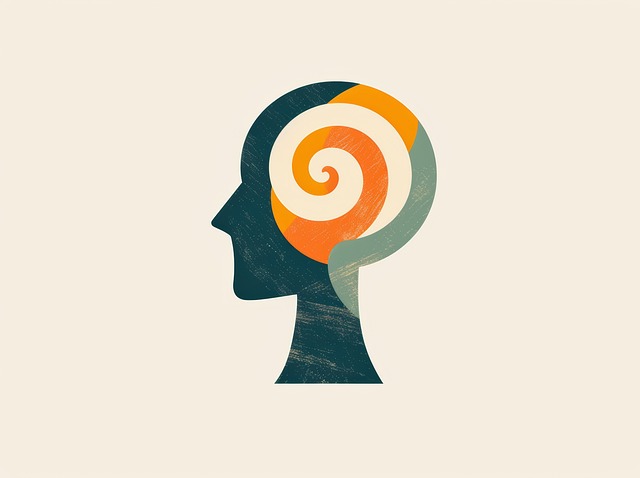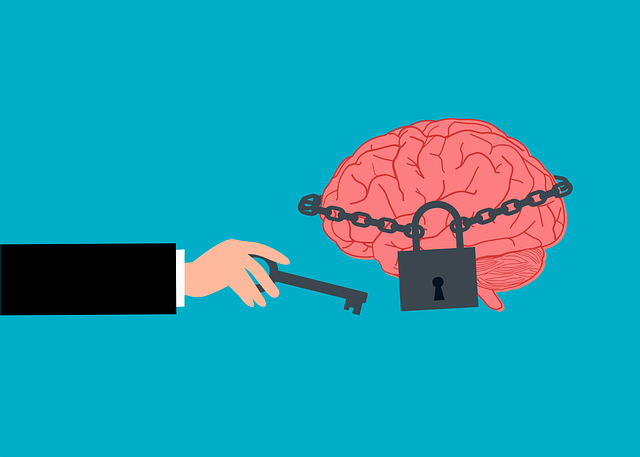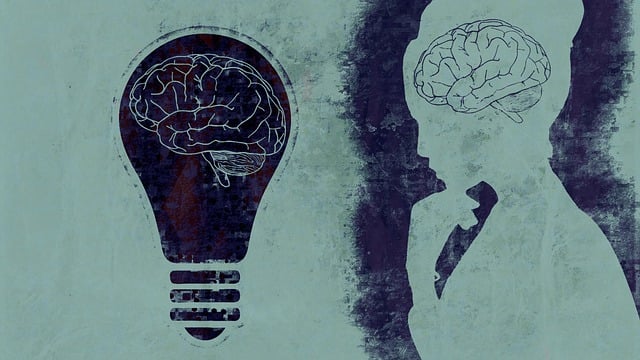Mindfulness meditation is a powerful tool for therapists and clinicians in Colorado Springs, offering self-awareness, stress reduction, and emotional regulation benefits. Creating a dedicated home meditation space enhances self-care routines. Breathing exercises, like those practiced at Colorado Springs Therapy for Therapists-Clinicians, activate the parasympathetic nervous system, promoting relaxation. Guided and unguided meditations cater to different preferences; both can be incorporated into personalized treatment plans for improved mental health outcomes in Colorado Springs therapy settings.
“Unwind and embrace a sense of calm with mindfulness meditation, a powerful tool for therapists and clinicians in Colorado Springs seeking to enhance their practice. This comprehensive guide navigates the art of mindful meditation, offering insights tailored for the local therapy community. From understanding its foundational principles to creating a dedicated space, we explore effective strategies. Learn about breathing techniques as the cornerstone of this practice and discover the guided vs unguided debate. Additionally, gain practical tips to seamlessly integrate mindfulness into your daily routine, ensuring consistent self-care and improved client interactions.”
- Understanding Mindfulness Meditation: A Foundation for Therapists
- Creating a Space: Setting Up Your Meditation Corner in Colorado Springs
- Breathing Techniques: The Core of Mindful Practice
- Guided vs Unguided: Which Approach Fits Your Style?
- Incorporating Mindfulness into Daily Routine: Tips for Consistent Practice
Understanding Mindfulness Meditation: A Foundation for Therapists

Mindfulness meditation is a powerful tool that therapists and clinicians in Colorado Springs can harness to enhance their practice and benefit their clients. It involves training the mind to focus on the present moment, acknowledging and accepting thoughts, feelings, and bodily sensations without judgment. This ancient practice has gained significant traction in modern therapy as it promotes self-awareness, reduces stress, and cultivates emotional regulation skills.
For therapists, integrating mindfulness into their clinical approach can foster a deeper connection with clients. It enables them to model healthy coping strategies, encourage empathy building strategies, and facilitate meaningful therapeutic conversations. Mindfulness meditation also plays a crucial role in personal development for therapists, supporting self-care practices and preventing burnout, which is essential for the long-term success of both therapist and client within Colorado Springs therapy and clinician settings.
Creating a Space: Setting Up Your Meditation Corner in Colorado Springs

Creating a dedicated space for meditation is an essential step in establishing a consistent mindfulness practice, especially in vibrant cities like Colorado Springs. With its stunning landscapes and therapeutic atmosphere, this city offers a unique backdrop for cultivating inner peace. Your meditation corner should be a tranquil haven where you can escape the hustle and bustle of daily life. Consider transforming a quiet room or a cozy nook into your personal sanctuary. Soft lighting, comfortable seating, and a few carefully chosen decorations can instantly create a soothing ambiance. Think of it as your own private retreat, a space for self-awareness exercises, where you can reconnect with yourself and gain clarity amidst the chaos.
For therapists, clinicians, or anyone in the mental wellness coaching field based in Colorado Springs, setting up this meditation corner is an opportunity to integrate self-care into their routine. By creating a peaceful environment, you encourage mindfulness practices that can enhance your own well-being and, by extension, improve your ability to support clients during therapy sessions. It’s a win-win situation that promotes both personal growth and professional development, especially when combined with social skills training and other therapeutic programs in the region.
Breathing Techniques: The Core of Mindful Practice

Breathing is a powerful tool that forms the core of mindfulness meditation practice. In Colorado Springs Therapy for Therapists-Clinicians, professionals often emphasize the importance of mindful breathing techniques to foster mental health awareness and stress management. Simple yet profound, these techniques help individuals connect with their bodies and minds in the present moment. By focusing on the inhalation and exhalation, one can cultivate a sense of calm and clarity, effectively reducing anxiety and promoting overall well-being.
The process involves slow, deep breaths that allow the body to relax and the mind to quieten. This simple act activates the parasympathetic nervous system, counteracting the stress response. In turn, it enhances mental health education programs design and enables individuals to better navigate life’s challenges. Stress management workshops organization can benefit immensely from these techniques as they provide a foundation for cultivating resilience and fostering a sense of inner peace in both personal and professional settings.
Guided vs Unguided: Which Approach Fits Your Style?

When it comes to mindfulness meditation, there are two primary approaches: guided and unguided. Guided meditations involve a therapist or recording leading you through specific breathing exercises, visualizations, or mantras. This method is excellent for beginners as it provides clear instructions and can enhance focus by offloading the mental burden of creating the practice from the individual. On the other hand, unguided meditation allows for free-flowing thought patterns with the sole concentration point being the breath. It encourages self-discovery and introspection, fostering emotional regulation skills and a deeper connection to one’s inner self.
Choosing between these methods depends on your personal preferences and therapy goals. If you seek a structured path for stress reduction and anxiety management while exploring your mental landscape, guided meditation might be ideal. Conversely, if you desire to build a robust self-care routine, promote confidence boosting, and develop emotional resilience, unguided meditation can offer profound benefits. Consider your current needs and the support available; some Colorado Springs therapy for therapists-clinicians may incorporate both techniques into personalized treatment plans for optimal mental health outcomes.
Incorporating Mindfulness into Daily Routine: Tips for Consistent Practice

Incorporating mindfulness into your daily routine can be a transformative practice for anyone seeking emotional balance and self-improvement. It’s easier than you might think to weave this powerful tool into your existing Colorado Springs therapy for therapists-clinicians’ practices, fostering both personal growth and enhanced therapeutic sessions. Start by setting aside just 10 minutes each day for mindfulness meditation—a small investment with significant returns. Consistency is key; choose a time of day that works best for you, whether it’s first thing in the morning to set an intention for the day or before bed to reflect on your experiences.
Consider using guided meditations tailored for therapists-clinicians to support emotional healing processes and self-esteem improvement. These can be found through various apps designed specifically for mindfulness meditation. By regularly practicing awareness of your thoughts, feelings, and surroundings, you cultivate a deeper connection with yourself, leading to better self-regulation in the therapy room. Additionally, mindful breathing exercises can serve as grounding tools during challenging sessions, allowing you to stay present and fully engaged with clients’ needs.
Mindfulness meditation, as explored in this guide, offers therapists and clinicians a powerful tool to enhance their practice in Colorado Springs therapy. By understanding its foundational principles, creating dedicated spaces, mastering breathing techniques, and choosing the right guidance (guided or unguided), individuals can integrate mindfulness into their daily routines. This consistent practice not only benefits the therapist but also allows them to guide clients more effectively towards mental well-being. Embrace these practices to bring a sense of calm and clarity to both your professional and personal life in Colorado Springs.














